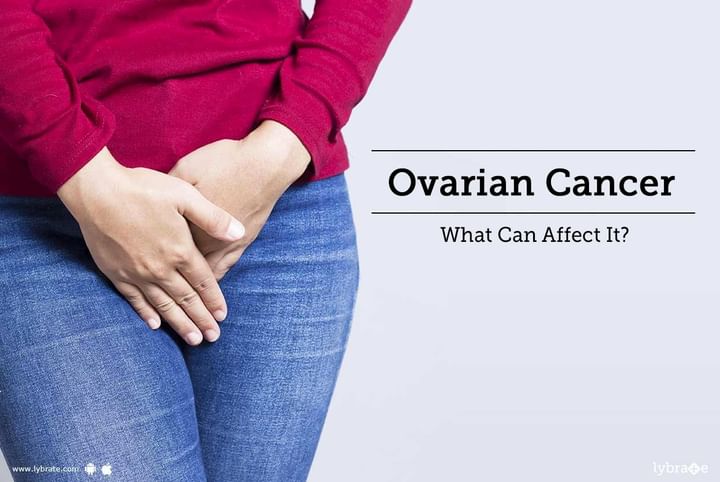Ovarian Cancer - What Can Affect It?
The cancer of the ovaries is known as ovarian cancer. In women, there are two ovaries present on each side of the uterus. These ovaries are as big as an almond in size and produce egg also known as ova. They also secrete the hormones progesterone and estrogen.
Ovarian cancer goes undetected until it spreads to the abdomen and pelvis. When detected at this stage then it might be fatal and the treatment gets difficult. An early-stage ovarian cancer where the cancer is restricted in the ovaries is much easier to treat with high success rates.
Risk Factors of Ovarian Cancer
1. Age - With increasing age the risk of ovarian cancer is higher and is more common in women who are 60 and above. It is less common in women below 40 years of age and develops often after menopause.
2. Obesity - Women who have a body mass index of 30 are at risk of developing ovarian cancer.
3. History of Reproduction - It is believed that women who conceive before 26 and carry the full term have a lower risk of ovarian cancer. However, the risk is higher in those women who get pregnant after 35 or who do not have a full term pregnancy. Also, breastfeeding the baby lowers the risk.
4. Gene Mutation - Inherited gene mutation causes some percentage of ovarian cancer. These genes are called breast cancer genes 1 and 2 (BRCA1 and BRCA2). These were initially found in cases with breast cancer but also pose a great risk for ovarian cancer. Also, gene mutation leading to Lynch syndrome plays an important role in increasing the risk of ovarian cancer.
5. Family History - If a woman's mother, sister or daughter is suffering from ovarian cancer then she is at a higher risk of developing the same. The risk also increases if someone from the father's side also has ovarian cancer.
6. Fertility Drugs - Drugs like clomiphene citrate, if used for more than a year can increase the risk of cancer. The risk is even higher if a woman taking the drug does not get pregnant.
7. Hormone Therapy and Estrogen Therapy - Long term use and large doses of estrogen can cause an increased risk. However, if estrogen is used in combination with progesterone then the risk is less.
8. Age of menstruation and menopause - If menstruation starts before 12 and menopause occurs before 52 then there is a higher risk of getting cancer.
9. Diet - A low fat vegetarian diet has less risk of the disease. Fresh fruit and vegetables should be included in diet along with pulses, rice, pasta, beans, cereals and breads.



+1.svg)
